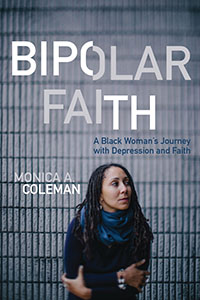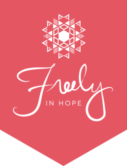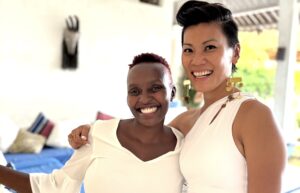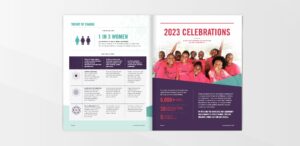Women are a part of a diverse sisterhood. We each move through the world in a unique way but still share a communal identity, proclaiming a unified message of strength in the face of oppression. This Women’s History Month, we are unifying the creative voices of women ending sexual violence.
Monica Coleman is the author of memoir “Bipolar Faith” and a proud Hope Circle member. She is Professor of Africana Studies at the University of Delaware, and is serving as the AAPHI Coordinator. Monica works at the intersection of faith, culture and social justice. She is the author or editor of six books, and several articles and book chapters that focus on the role of faith in addressing critical social and philosophical issues. Here are some important insights she has learned for those looking to create awareness around the mental health struggles of Black women.
How has the impact of Freely in Hope resonated with your work?
I love that Freely in Hope works with survivors of sexual violence both in their education and in becoming survivor-activists. Freely in Hope understands how the experience of sexual violence disrupts young women’s lives, their sense of self, and their education, and has structures in place to help in these areas. I appreciate that Freely in Hope is interested in personal healing, but also in how survivors can become leaders and activists. I have also chosen this route with my own experiences–choosing to survive, heal, and use my experiences to help others. Freely in Hope is simply the kind of organization that resonates with me.
Why is your Hope Circle membership important to you?
I’m glad to know I can support Freely in Hope on a regular basis, and that my Hope Circle membership makes a positive difference in the lives of young women.
What is your greatest learning in your work to platform the voices of women?
I’ve learned that everyone has their own way of being a leader. Some lead through sharing their stories, others through advocacy work, others through their art, etc. These are different but equally important outlets of giving voice to women’s experiences.
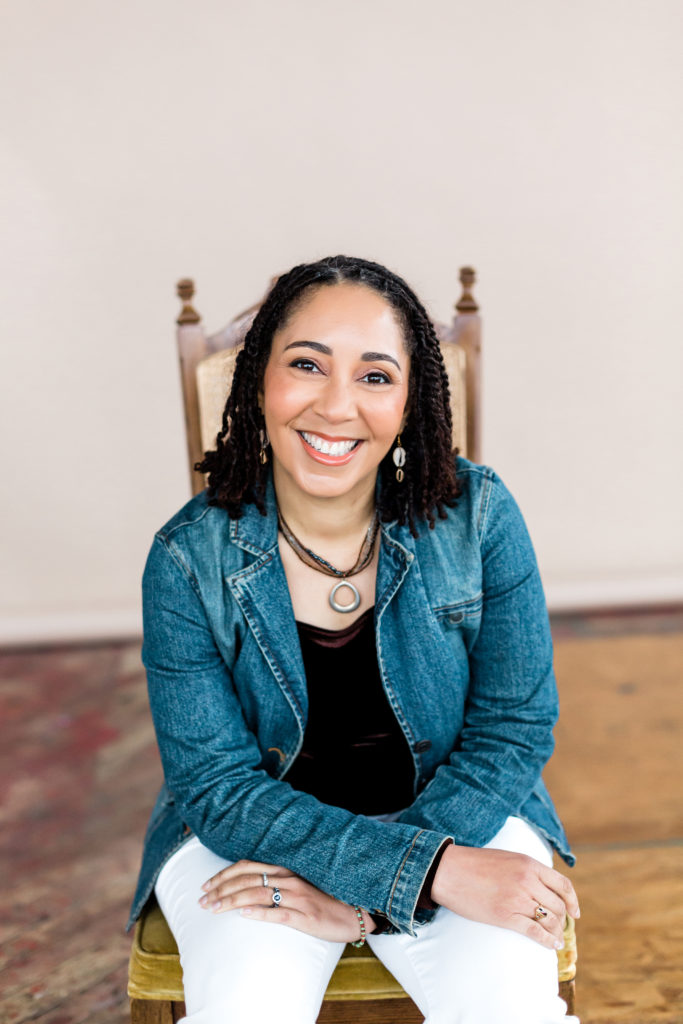
What inspired the writing of “Bipolar Faith”?
I was looking to read a story that would inspire me to live with bipolar depression in a healthy way and couldn’t find one. So, I wrote the story that I wanted to read; a story that dealt with faith, and Blackness, and healing, and history because this was the story I needed for inspiration.
How are Black women’s experiences with mental illness unique?
As Black women, we often feel the need to push through all the emotional or psychological distresses we experience. This is often motivated by economic and social contexts. Because of this, Black women may be less likely to give attention to mental health challenges. Another unique challenge is finding affordable, accessible, and culturally competent therapy. But I believe that more and more Black women are tending to their mental well-being and this has created greater resources than ever before.
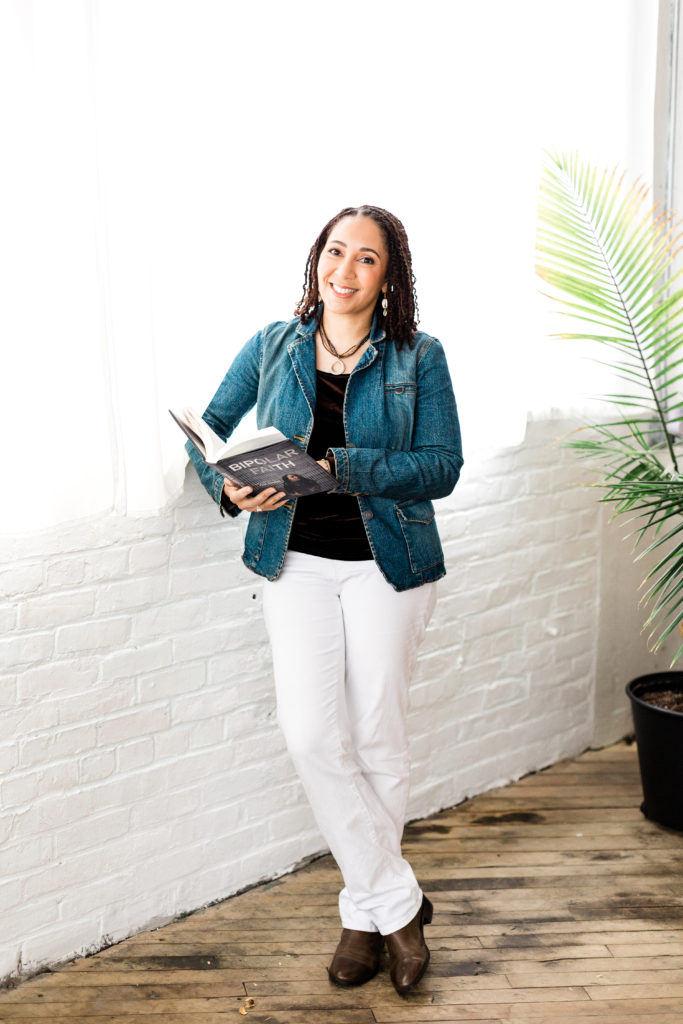
Why is it important for Black women to speak on mental illness in professional arenas?
When we are silent, it will perpetuate shame and stigma where there is no need for it. Speaking out about mental health and mental illness reduces stigma and allows Black women to know that caring for mental health is important. Speaking out even communicates to employers that mental health is as important as all other areas of health, and should be treated with the same benefits and understanding as any other health challenge.
Join Hope circle with monica!
Become a new Hope Circle member by June 30 and we’ll send you a gift box of limited editing Freely in Hope swag and a free copy of Bipolar Faith!
